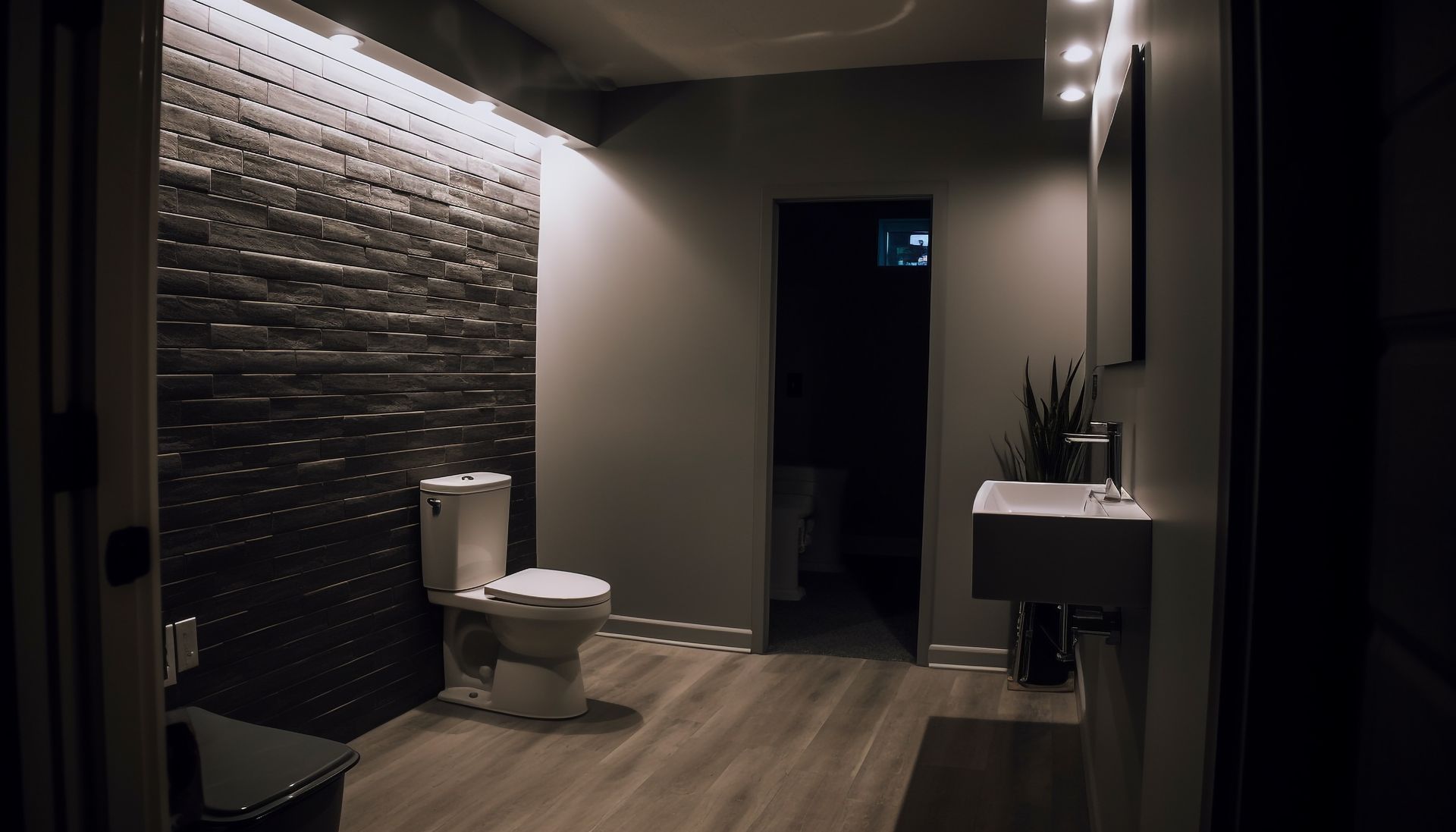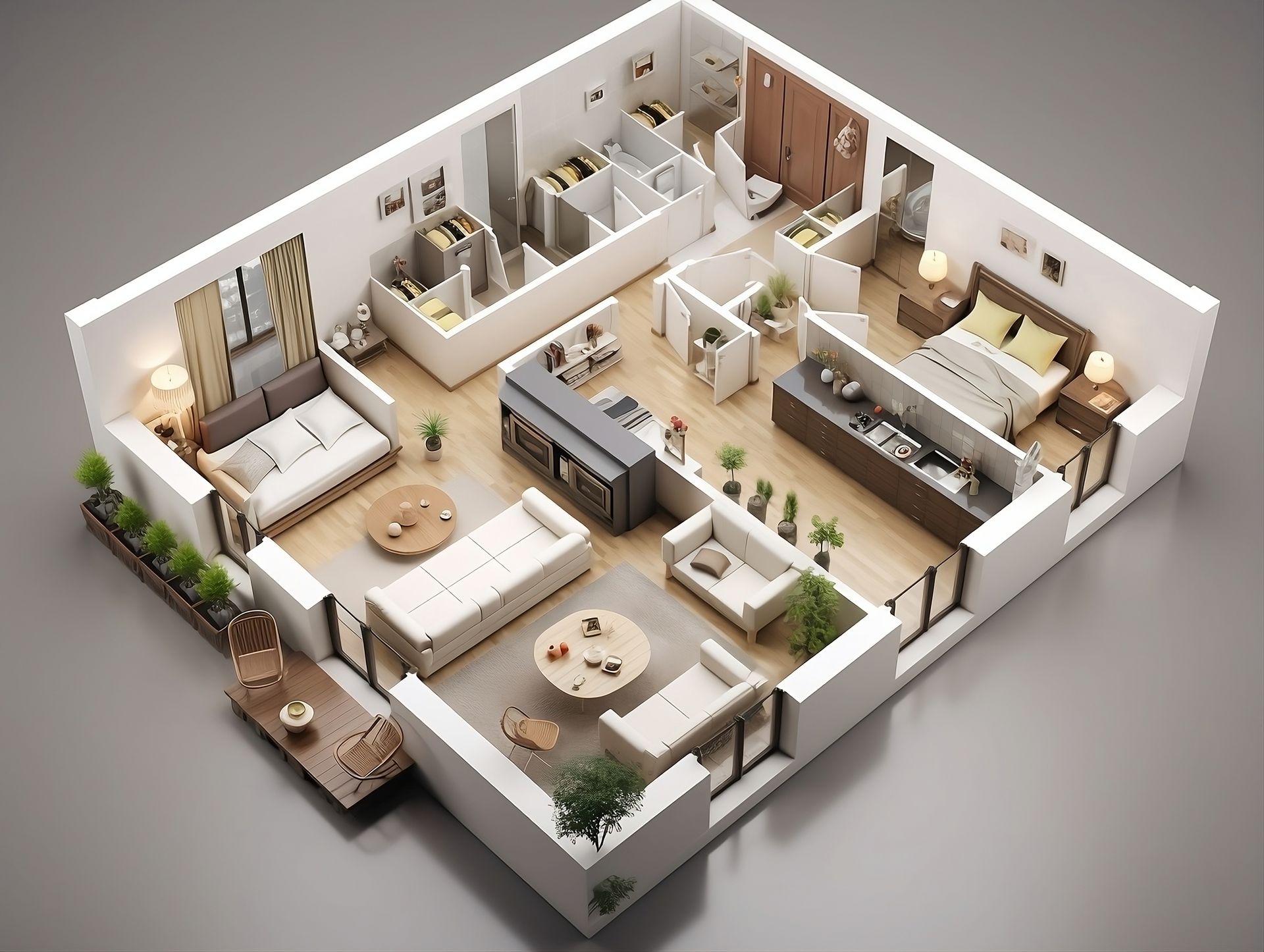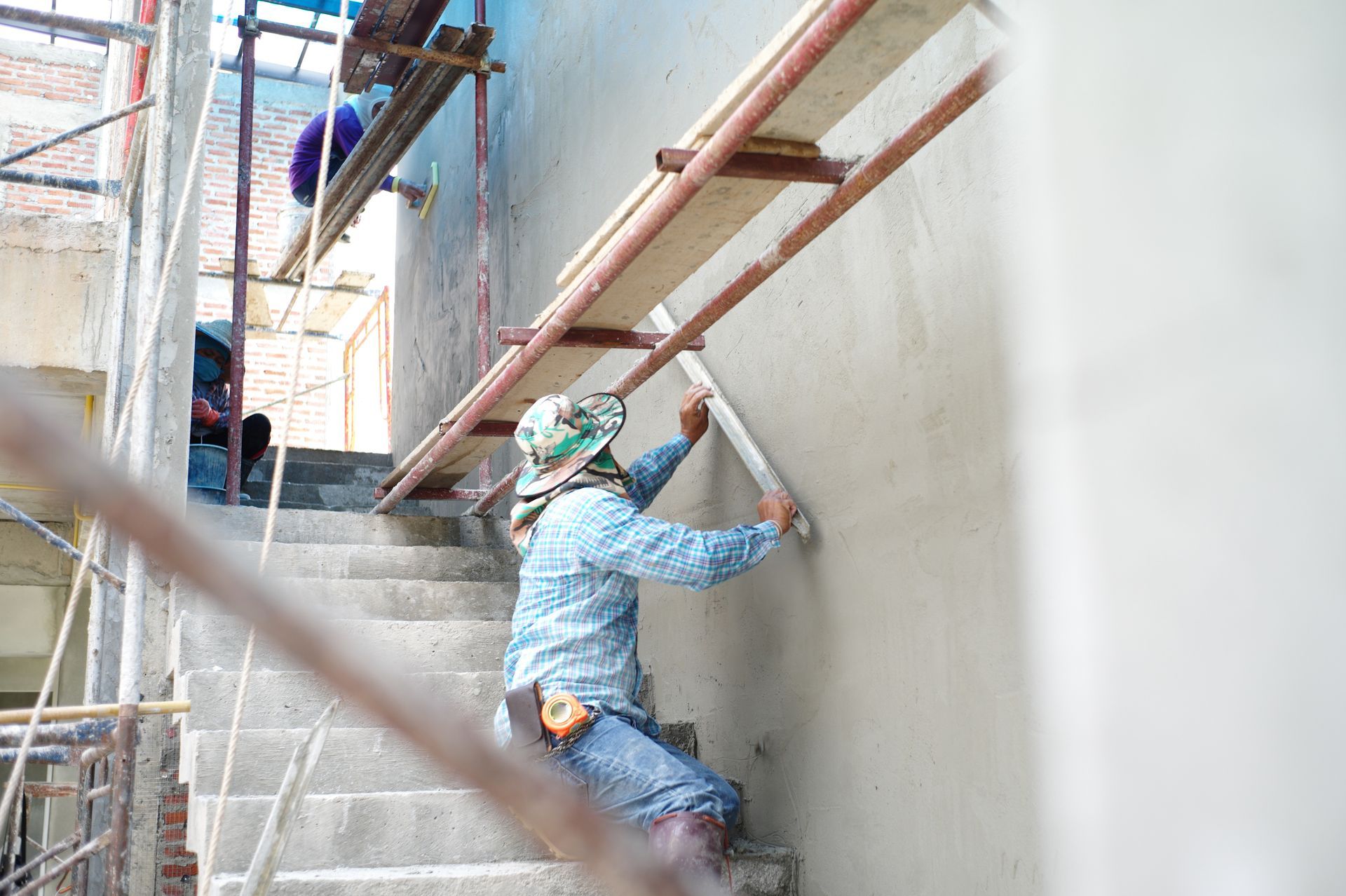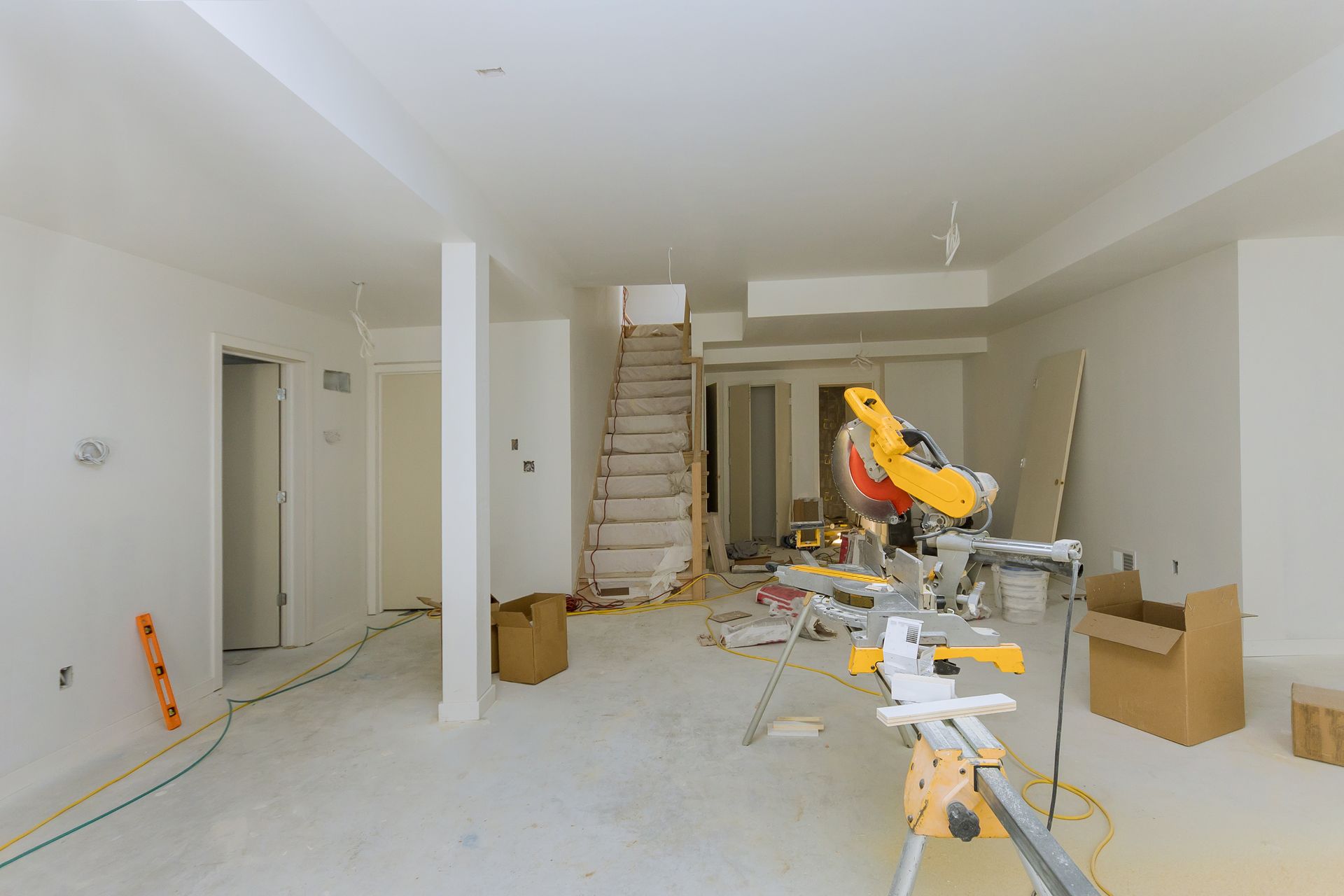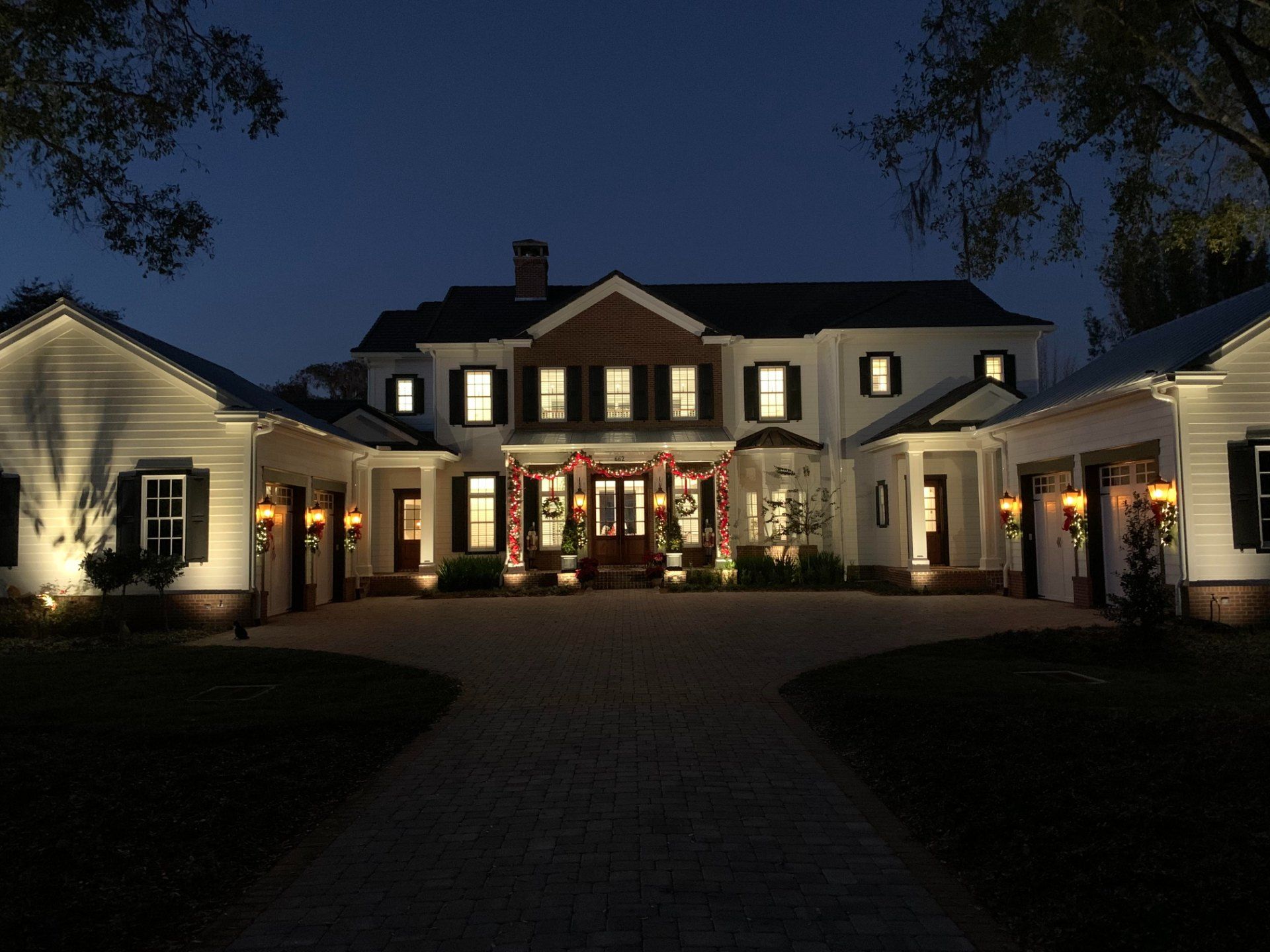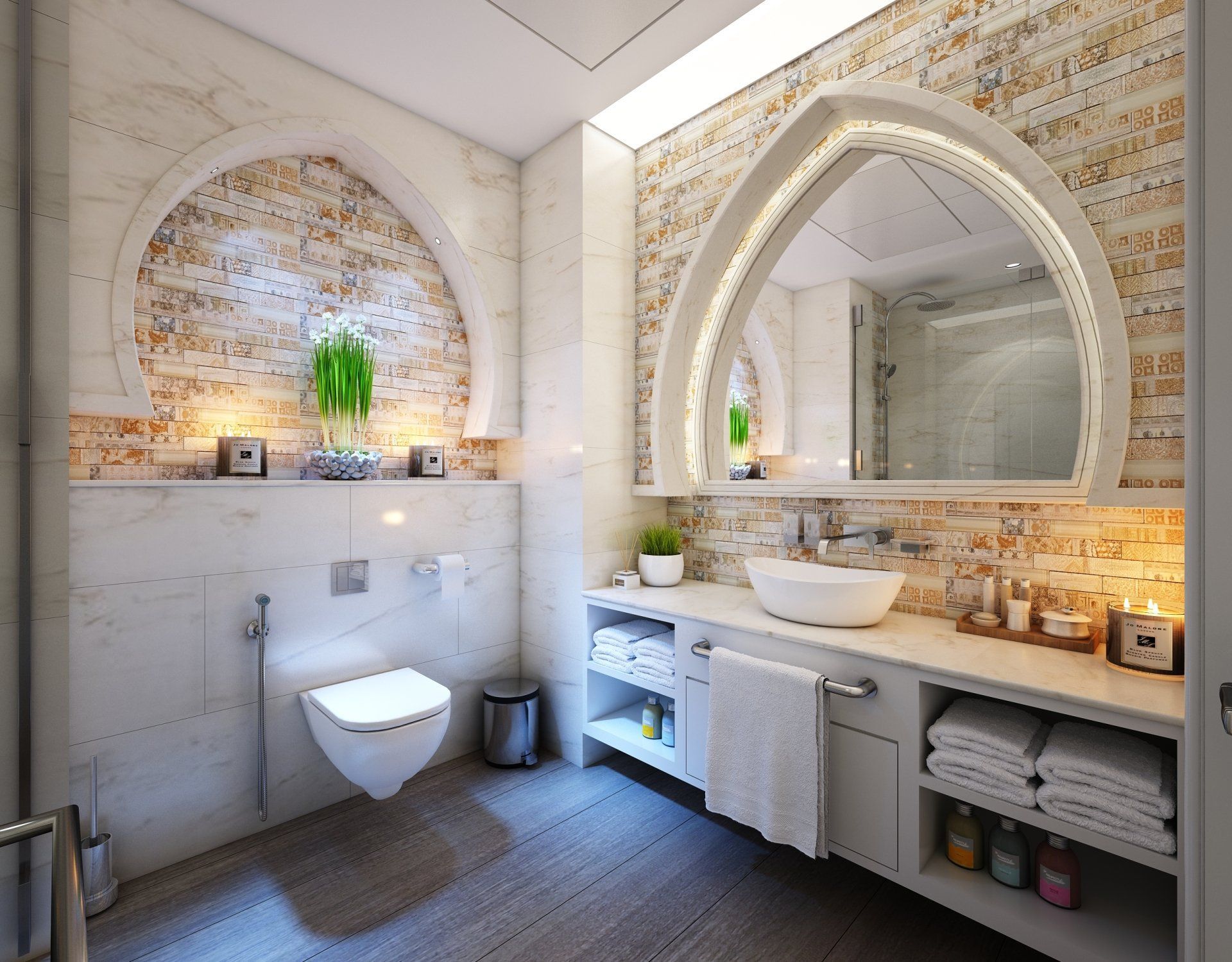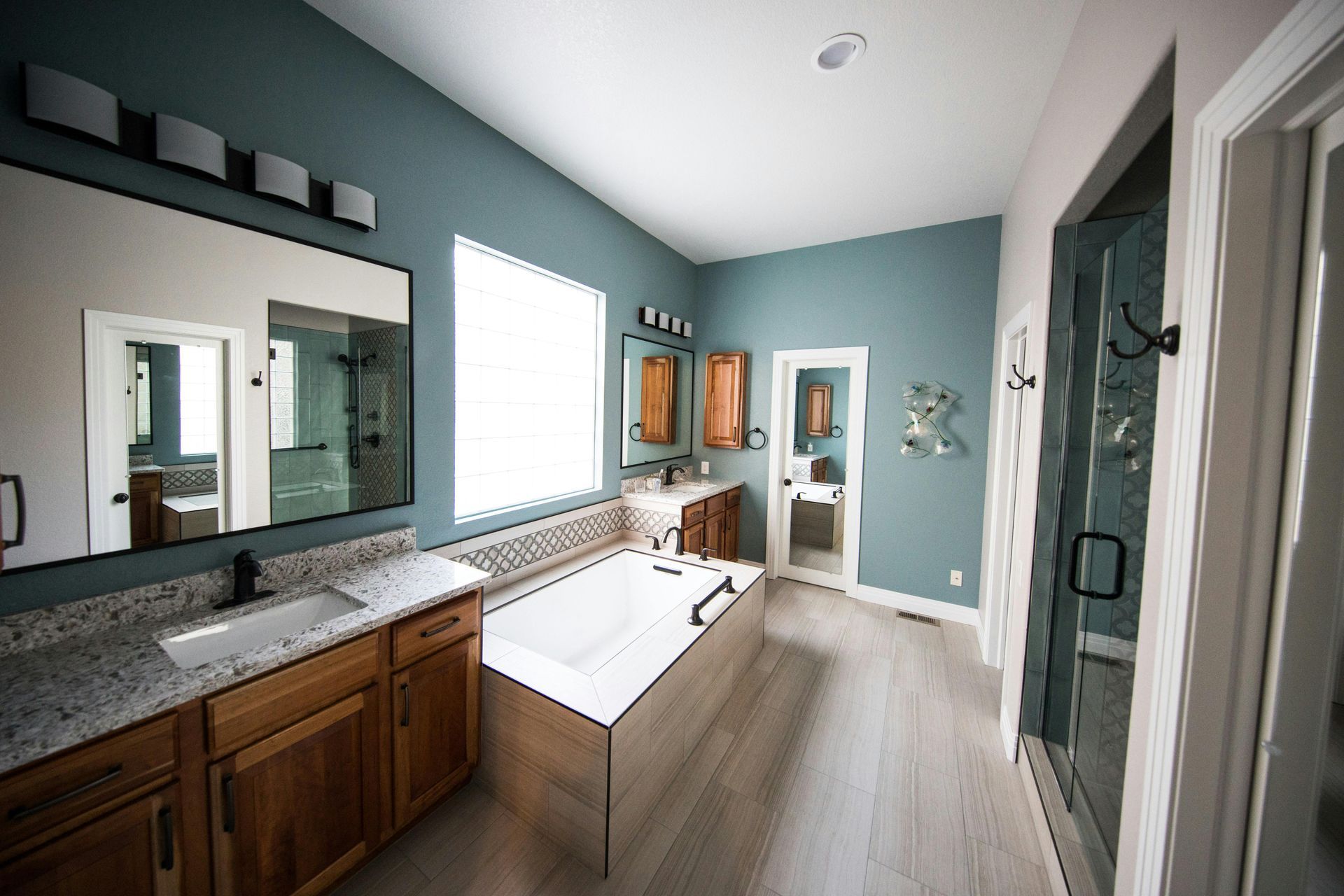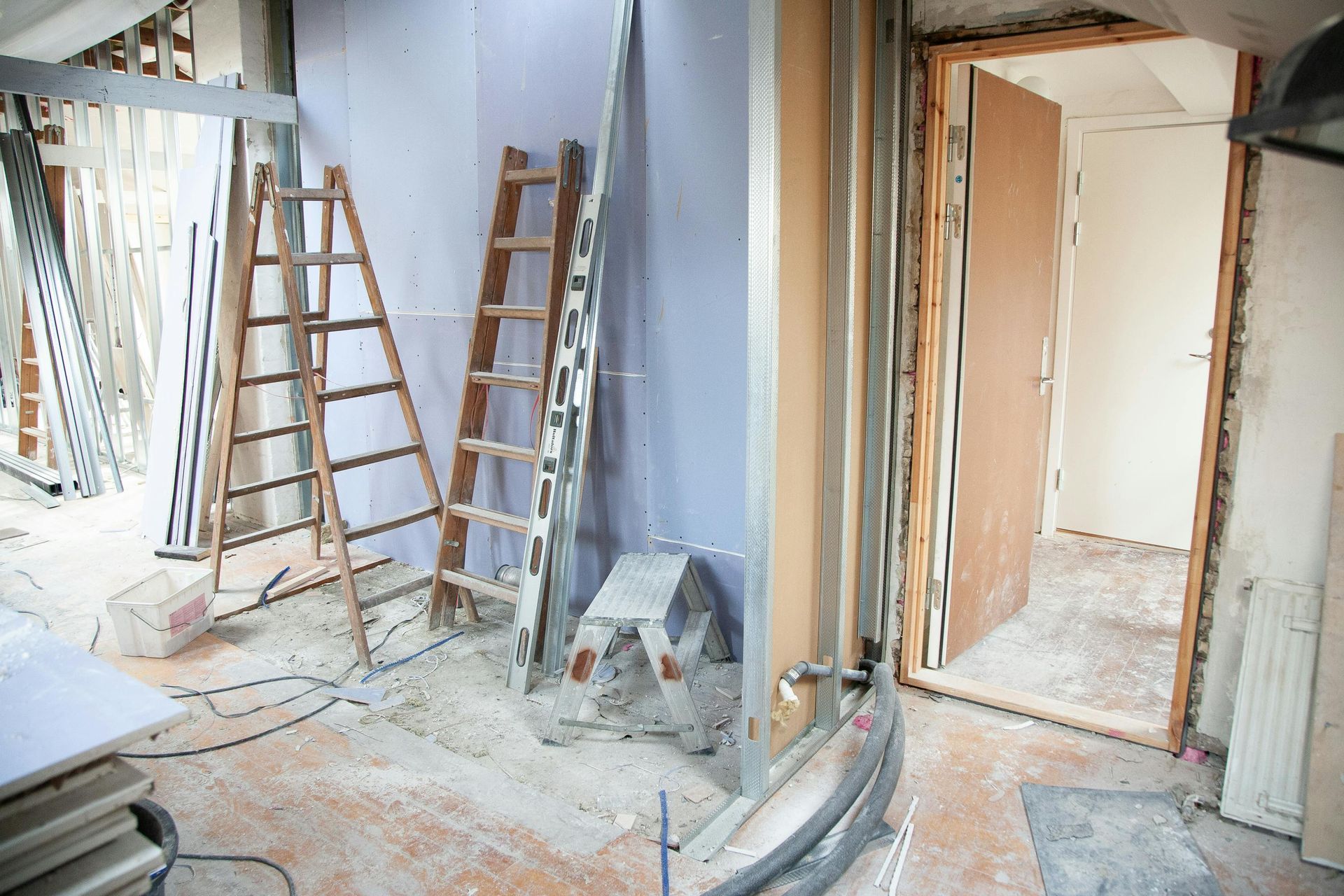What is the Best Flooring Type for a Kitchen?
When it comes to remodeling your kitchen, one of the biggest decisions you’ll face is choosing the right flooring. The kitchen is the heart of the home, and it sees its fair share of foot traffic, spills, and messy experiments. With so many options out there, it’s easy to get overwhelmed, but don’t worry — we’ve got you covered. In this blog, we’ll explore the best flooring types for kitchens, weighing the pros and cons of each option to help you make an informed decision that suits your lifestyle and budget.
Why Kitchen Flooring Matters: Functionality Meets Style
Choosing the right kitchen flooring isn’t just about aesthetics. While it’s tempting to go for a stylish look, you also want something durable enough to withstand daily use and easy to clean. After all, you’ll be dancing around in your kitchen, spilling pasta sauce, and dropping the occasional spatula, right? So, what should you consider?
Here are the key factors:
- Durability: Your kitchen is a high-traffic area, so you’ll want flooring that stands up to the wear and tear of everyday life.
- Water Resistance: Kitchens are prone to spills, whether from boiling pasta or an overzealous pour of iced tea. Water-resistant flooring is a must.
- Easy to Clean: From flour on the floor to sticky spills, a kitchen’s mess potential is high. Flooring that’s easy to wipe down will save you headaches.
- Comfort: Since you’ll likely spend hours prepping meals, having flooring that’s easy on your feet is a bonus.
Whether you’re into sleek modern designs or rustic, warm kitchens, your flooring choice should balance functionality with style. Now let’s dive into the best options on the market!
Tile Flooring: The Timeless, Durable Option
Tile flooring has been a go-to choice for kitchens for decades, and for good reason. It’s versatile, durable, and available in a wide range of styles, from classic ceramic to natural stone. But is tile the right fit for your kitchen?
Pros of Tile Flooring:
- Durability: Tile can handle heavy foot traffic and is highly resistant to scratches, dents, and stains.
- Water-Resistant: Tile is perfect for kitchens since it won’t absorb spills.
- Heat-Resistant: If you drop a hot pan on tile, no worries—it can handle the heat (unlike you when the pan hits the floor).
Cons of Tile Flooring:
- Cold and Hard: While tile is tough, it’s not the most forgiving on your feet, especially in the morning when your coffee hasn’t kicked in yet. Some homeowners install radiant floor heating to combat this.
- Grout Maintenance: Grout can stain and is tricky to clean. Be prepared to maintain it, or opt for darker grout that hides stains better.
Tile can be a beautiful and functional choice for your kitchen, especially if you want a durable surface that holds up to spills and heat. If you’re leaning toward a classic look with maximum durability, tile may be your new best friend.
Vinyl Flooring: The Budget-Friendly, Water-Resistant Hero
If you're looking for an option that balances affordability and practicality, vinyl flooring might be your winner. In recent years, vinyl has undergone a major transformation—no longer your grandma’s kitchen floor, it now comes in stylish designs that mimic wood and stone.
Pros of Vinyl Flooring:
- Waterproof: Most vinyl options are completely waterproof, making them ideal for kitchen spills.
- Budget-Friendly: Vinyl is one of the most affordable flooring types available, making it great for homeowners on a budget.
- Easy to Clean: A quick sweep and mop will keep vinyl floors looking fresh.
Cons of Vinyl Flooring:
- Not as Durable as Tile: While vinyl is durable, it doesn’t hold up to dents and scratches quite as well as tile.
- Can Fade: Direct sunlight over time can cause vinyl to fade, so keep that in mind if you have a sun-soaked kitchen.
Vinyl is a great choice if you’re seeking an affordable, water-resistant option that still looks fabulous. It’s a versatile material that can suit both modern and traditional kitchens while keeping your budget intact.
Hardwood Flooring: Timeless Beauty with a Touch of Warmth
Hardwood flooring is like the little black dress of home design—it never goes out of style. While you might not immediately think of wood for kitchens, with proper care, it can be a beautiful and warm addition to your home.
Pros of Hardwood Flooring:
- Timeless Appeal: Hardwood adds warmth and beauty that’s hard to match.
- Increases Home Value: Homes with hardwood floors often appraise higher, and they’re a big draw for potential buyers.
- Easy to Refinish: Over time, scratches and dings can be sanded and refinished, making hardwood a long-lasting option.
Cons of Hardwood Flooring:
- Not the Best for Wet Areas: Water and wood don’t mix well, so spills need to be wiped up immediately to avoid damage.
- More Maintenance: Hardwood can be prone to scratches and dents, especially in high-traffic areas like the kitchen.
If you love the look of hardwood but worry about its durability in the kitchen, consider engineered hardwood, which offers better moisture resistance while retaining the classic wood look.
Laminate Flooring: The Stylish Imposter
Laminate flooring is like the cool cousin of hardwood. It looks like real wood but comes with a lower price tag and better moisture resistance. Laminate has come a long way in recent years, with designs that can fool even the sharpest eye into thinking they’re genuine wood or stone.
Pros of Laminate Flooring:
- Affordable: Laminate is less expensive than real hardwood but gives a similar aesthetic.
- Moisture-Resistant: Unlike hardwood, laminate can handle a little moisture without warping.
- Easy to Install: Many laminate options feature a click-and-lock installation, perfect for DIYers.
Cons of Laminate Flooring:
- Can’t Be Refinished: Once laminate is scratched or damaged, it can’t be sanded or refinished like hardwood.
- Not Fully Waterproof: While more moisture-resistant than hardwood, laminate still doesn’t handle standing water very well.
Laminate is a solid choice if you want the look of hardwood without the price or maintenance worries. Plus, it’s perfect for busy households and can stand up to kids, pets, and your own kitchen mishaps!
Stone Flooring: Luxury with Durability
Stone flooring is a luxury option that brings a natural, elegant vibe to your kitchen. From marble to slate, stone floors can elevate your kitchen to new heights. But is it the right choice for your home?
Pros of Stone Flooring:
- Stunning Aesthetic: Stone floors offer a high-end, timeless look that instantly boosts your kitchen’s appeal.
- Durable: Stone is incredibly durable and can last for decades if properly maintained.
- Naturally Cool: Stone is naturally cool, which can be refreshing in warmer climates.
Cons of Stone Flooring:
- Expensive: Stone floors are on the pricier side, both in materials and installation.
- Cold and Hard: Similar to tile, stone floors can be hard on your feet and chilly in the winter.
If you’re looking for a floor that exudes luxury and sophistication, stone might be your top choice. Just be ready for the investment in both cost and comfort.
Ready to Upgrade Your Kitchen? Contact Our Team for Expert Kitchen Remodeling Services in Chuluota, FL
When it comes to kitchen remodeling, choosing the right flooring is just the first step toward creating the kitchen of your dreams. At Bressler Custom Homes and Design LLC, we specialize in professional kitchen remodels that not only enhance your home’s beauty but also improve its functionality. Whether you’re interested in tile, vinyl, hardwood, or laminate, we’ll help you choose the perfect flooring option that suits your needs, budget, and style.
Ready to get started? Contact our team today at
(407) 359-4055 for expert kitchen remodeling services in
Chuluota, FL, and the surrounding areas. We also offer
bathroom remodeling,
home additions,
custom home builds, and more to help you create a home that fits your unique vision. Let’s turn your dream kitchen into a reality!
FAQs
What is the most durable flooring for a kitchen?
Tile and stone are the most durable flooring options for kitchens, as they resist scratches, dents, and spills.
Can I install hardwood flooring in my kitchen?
Yes, you can install hardwood in your kitchen, but be mindful of water exposure. Engineered hardwood is a better option for areas prone to moisture.
Is vinyl flooring a good choice for kitchens?
Absolutely! Vinyl is waterproof, easy to clean, and budget-friendly, making it a popular choice for busy kitchens.
What’s the easiest kitchen flooring to maintain?
Vinyl and laminate are the easiest to maintain, as they resist stains and are simple to clean with a mop or broom.
How much does it cost to install kitchen flooring?
Costs vary depending on the material, with vinyl being the most affordable and natural stone being the most expensive. On average, expect to pay between $3 and $15 per square foot for materials, plus installation costs.
Share Article
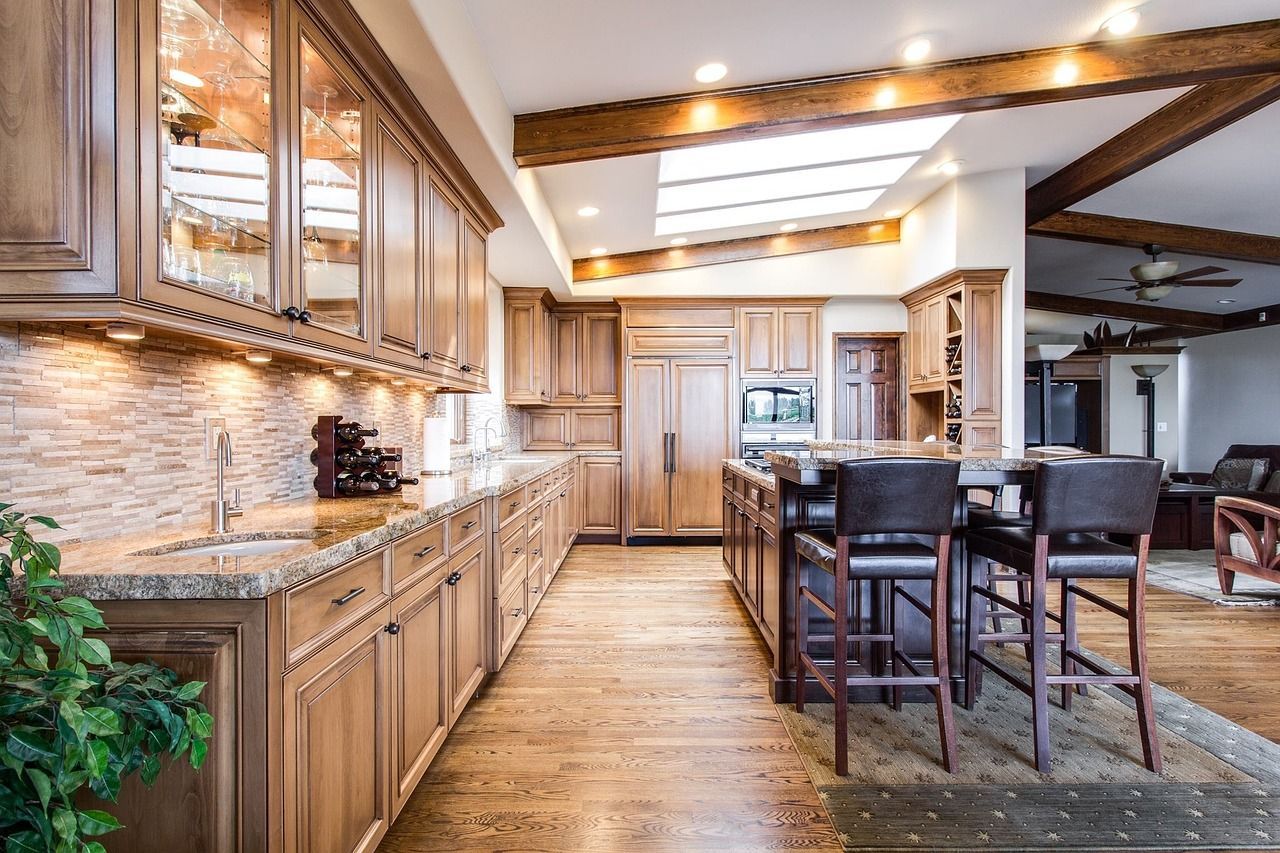
Our Recent Blogs
